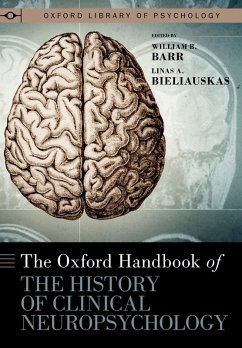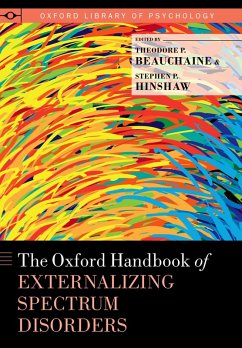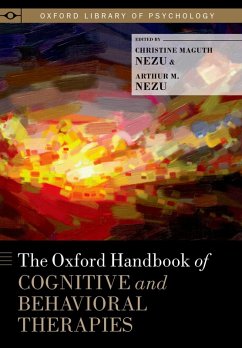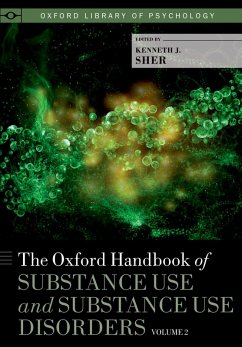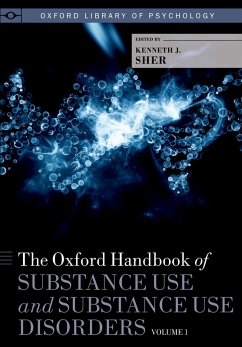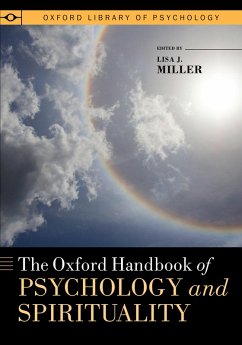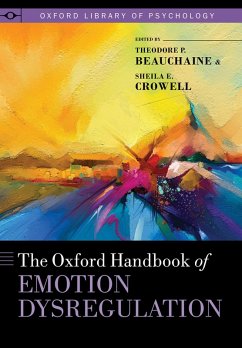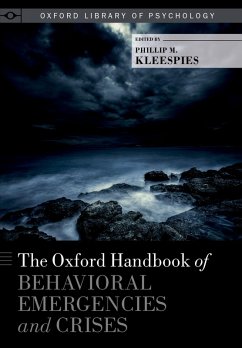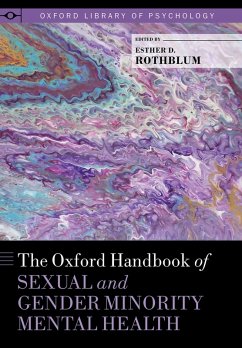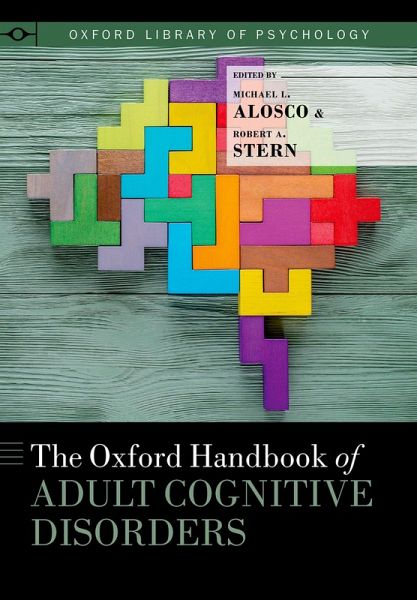
The Oxford Handbook of Adult Cognitive Disorders (eBook, PDF)
Versandkostenfrei!
Sofort per Download lieferbar
143,95 €
inkl. MwSt.
Weitere Ausgaben:

PAYBACK Punkte
72 °P sammeln!
The prevalence of adult cognitive disorders will dramatically rise over the next 25 years due to the aging population. Clinical research on adult cognitive disorders has rapidly evolved, including evidence of new adult cognitive disorders and greater insight into the clinical presentation, mechanism, diagnosis, and treatment of established diseases. The Oxford Handbook of Adult Cognitive Disorders is an up-to-date, scholarly, and comprehensive volume covering most diseases, conditions, and injuries resulting in impairments in cognitive function in adults. Topics covered include normal cognitiv...
The prevalence of adult cognitive disorders will dramatically rise over the next 25 years due to the aging population. Clinical research on adult cognitive disorders has rapidly evolved, including evidence of new adult cognitive disorders and greater insight into the clinical presentation, mechanism, diagnosis, and treatment of established diseases. The Oxford Handbook of Adult Cognitive Disorders is an up-to-date, scholarly, and comprehensive volume covering most diseases, conditions, and injuries resulting in impairments in cognitive function in adults. Topics covered include normal cognitive and brain aging, the impact of medical disorders and psychiatric illnesses on cognitive function, adult neurodevelopmental disorders, and various neurological conditions. This Handbook also provides a section on unique perspectives and special considerations for clinicians and clinical researchers, covering topics such as cognitive reserve, genetics, diversity, and neuroethics. Readers will be able to draw upon this volume to facilitate clinical practice (including differential diagnosis, treatment recommendations, assessment practices), and to obtain an in-depth review of current research across a wide spectrum of disorders, provided by leaders in their fields. The Oxford Handbook of Adult Cognitive Disorders is a one-of a kind resource appropriate for both clinicians and clinical researchers, from advanced trainees to seasoned professionals.
Dieser Download kann aus rechtlichen Gründen nur mit Rechnungsadresse in A, B, BG, CY, CZ, D, DK, EW, E, FIN, F, GR, HR, H, IRL, I, LT, L, LR, M, NL, PL, P, R, S, SLO, SK ausgeliefert werden.




